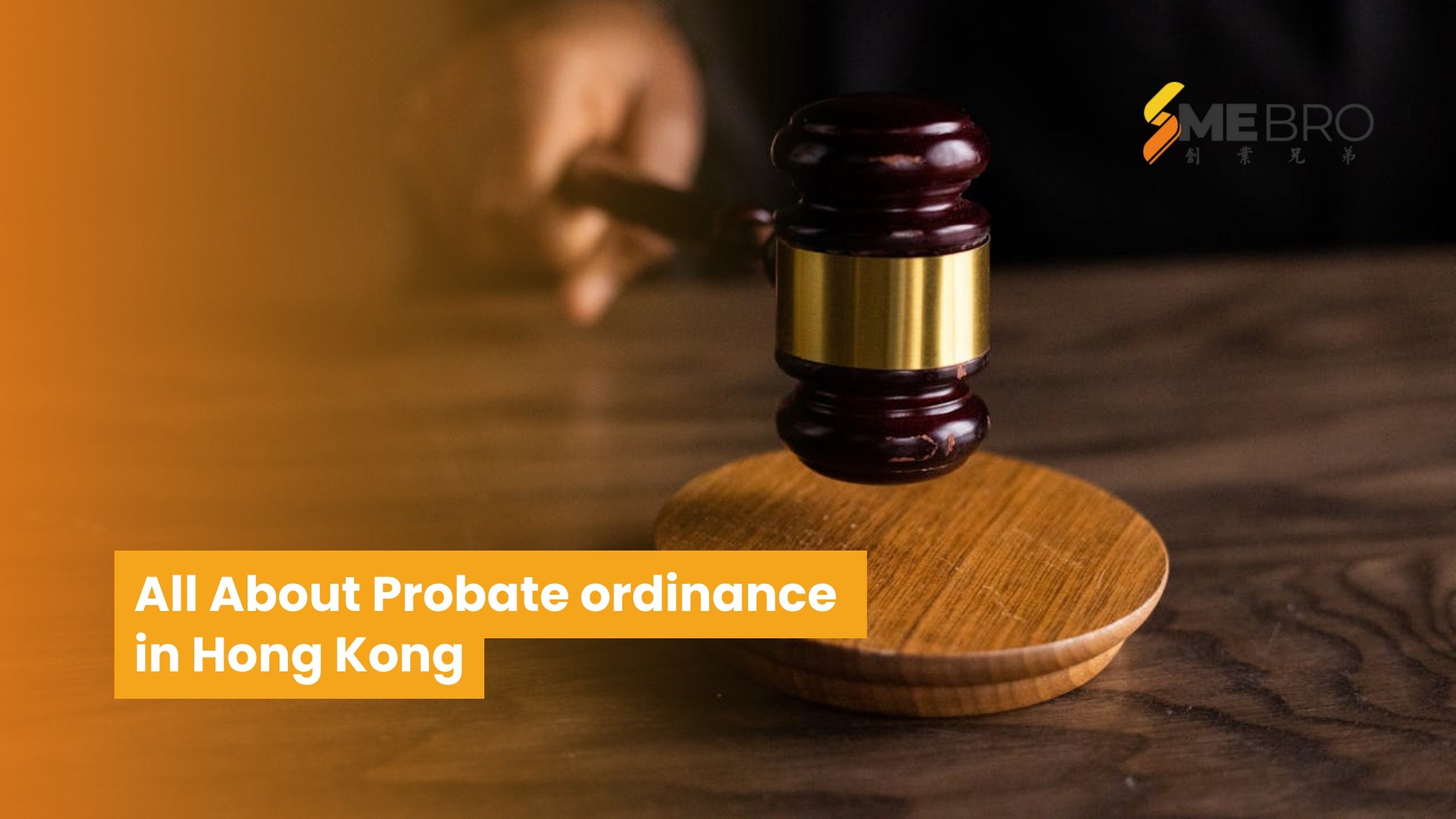News

notarization
Hong Kong Notary Services: Types, Uses, and Where to Get Them
In Hong Kong, notary services are an essential part of legal and business processes, ensuring that documents are certified, authenticated and legally recognized both locally and internationally. Wh...

Hong Kong Notary
The Best Notary Public Service In Hong Kong
For reliable and efficient notary public services in Hong Kong, look no further than SMEBrother.com. We offer a comprehensive range of notarial services with a client-centric approach and transpare...

intestacy
All About Probate Ordinance in Hong Kong
Navigating the probate ordinance in Hong Kong is essential for anyone managing estate assets. To deal with estate property, one must obtain a Grant of Probate or a Grant of Letters of Administratio...

cost of making a will in hong kong
Make The Will For Your Beloved Family
We understand that we will not take all our possessions with us after we die. Before that happens, we can make a will and distribute it to our spouse, children, or family, hoping that they can use ...

cost of making a will in hong kong
Things You Need to Know About Intestate Estate Ordinance in Hong Kong
Each country has different intestacy laws to deal with the distribution of assets of people who passed away without a valid will. Two important keys in this regard are the Intestate Estate Ordinanc...

death intestate
Probate - Six Simple Steps in Handling and Distributing the Estate of a Deceased Person
When a person dies, he/she may leave behind some assets, such as bank deposits, cars, stocks and shares, properties and so on. Anyone who wishes to deal with the estate of a deceased person must fi...

death intestate
Mainland & Hong Kong Inheritance of Family Estates - Which Laws Prevail?
I am a Hong Kong resident, should I apply the laws of the Mainland or Hong Kong to inherit my family's estate in the Mainland?What is the difference and what are the potential risks? What do I need...

death intestate
Without a will, how will the inheritance be inherited? (Case analysis)
The estate of a person who dies intestate with an estate in Hong Kong shall be distributed in accordance with the provisions of the Intestates' Estates Ordinance, Chapter 73, Laws of Hong Kong, as ...

death intestate
Do you know the procedure of inheritance in Hong Kong?
Overview of Inheritance Procedures in Hong KongThe procedure for inheritance in Hong Kong varies depending on whether the deceased died with a valid Will and an Executor appointed. Generally speaki...
